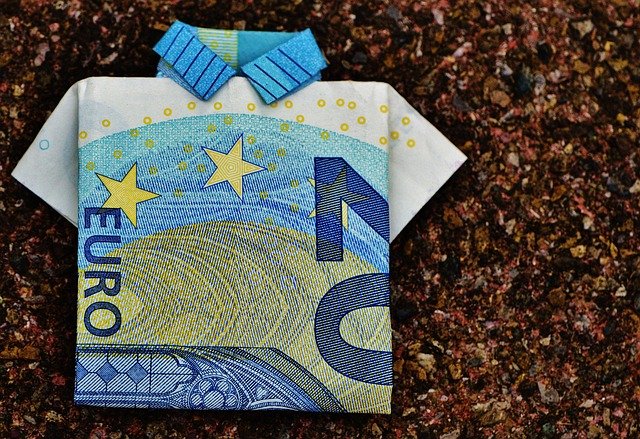The Intricacies and Strategies of Chess Boxing
Chess boxing, a hybrid sport that combines the strategic game of chess with the physical demand of boxing, is a relatively new and fascinating discipline that has garnered a substantial following worldwide. This article delves into the history and development of chess boxing, current trends and expert analysis, as well as its benefits and challenges.

The Birth and Rise of Chess Boxing
Chess boxing was conceived by French comic book artist Enki Bilal in the 1992 comic book series ‘Froid Équateur’. The first real chess boxing event was organized by Dutch performance artist Iepe Rubingh in 2003, who saw the sport as a perfect balance of mental and physical activity. Since then, the sport has grown, with official organizations like the World Chess Boxing Organisation (WCBO) and the Chess Boxing Global (CBG) promoting and organizing events worldwide.
The Thrilling Dynamics of Chess Boxing
A chess boxing match consists of 11 rounds, six rounds of chess, and five rounds of boxing. Matches begin with a four-minute chess round followed by a two-minute boxing round. The sport requires athletes to rapidly switch between two entirely different mindsets - the calm and strategic nature of chess and the intense, physically demanding act of boxing. This unique combination attracts a diverse audience, from chess enthusiasts to boxing fans.
The Mental and Physical Challenges
The challenge in chess boxing lies in the extreme shift in disciplines. Mental fatigue from a chess game can affect an athlete’s boxing performance, and physical exhaustion from boxing can influence their chess strategy. It’s a sport that demands peak physical fitness and a sharp, strategic mind.
The Benefits and Real-World Applications
Chess boxing’s benefits extend beyond the ring. It encourages mental agility, strategic thinking, physical fitness, and resilience. The quick switch between disciplines can help improve multitasking skills, and the need for rapid decision-making can improve reaction times. In a real-world scenario, these skills can be applied in various professional fields.
The Future and Trends of Chess Boxing
The sport is gaining popularity, with more athletes and spectators drawn to its unique blend of mental and physical challenges. There’s an increasing number of chess boxing clubs worldwide, and competitive events are becoming more frequent. The future of chess boxing looks promising, with potential for it to be recognized by larger sports bodies.
Chess boxing, with its unique demands and benefits, offers a fresh perspective on sports. It’s a sport that pushes the boundaries of mental and physical capabilities, and its growing popularity signifies a shift in how we perceive sports - not just as physical contests, but as platforms for mental agility and strategic thinking.




